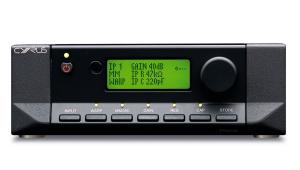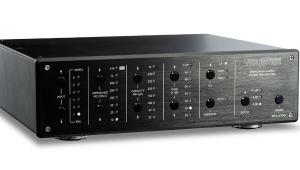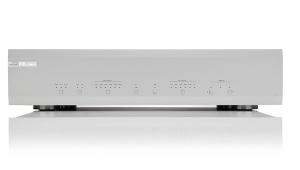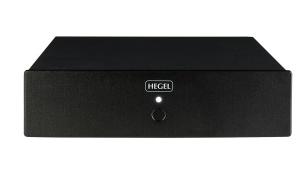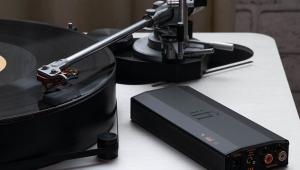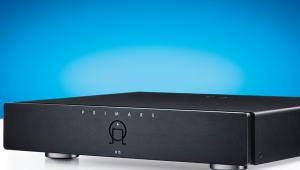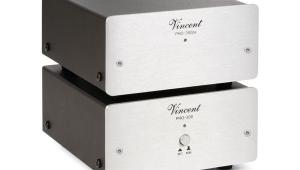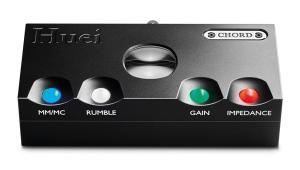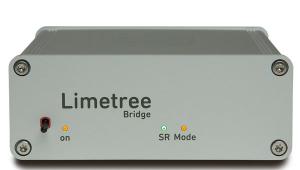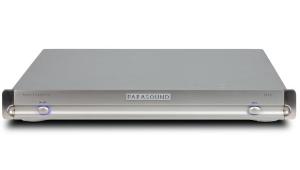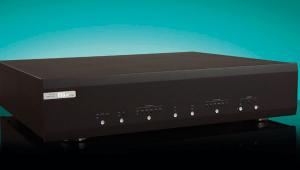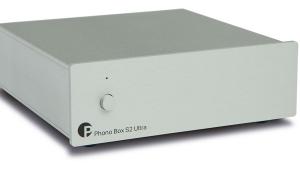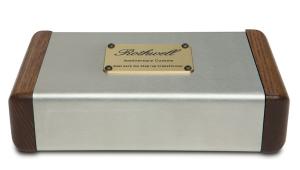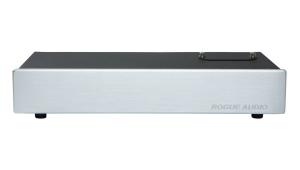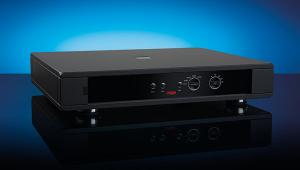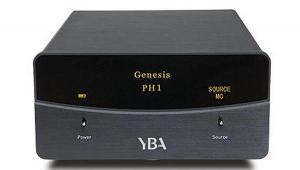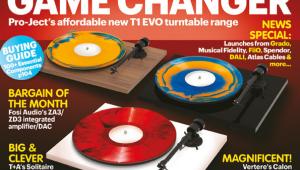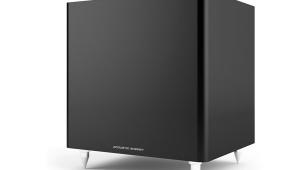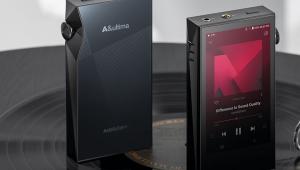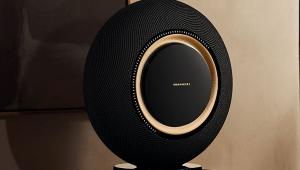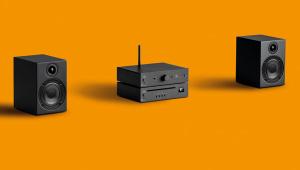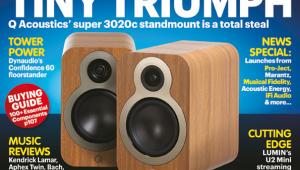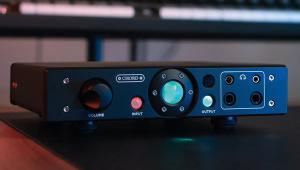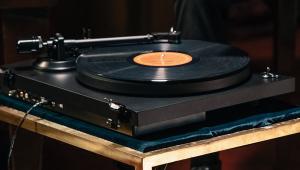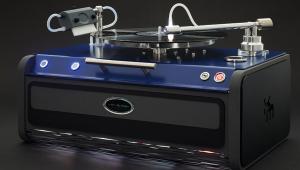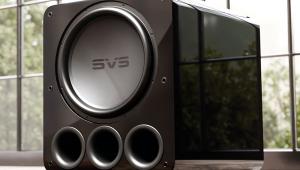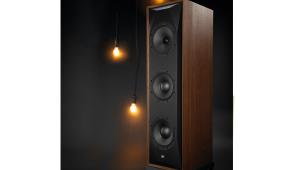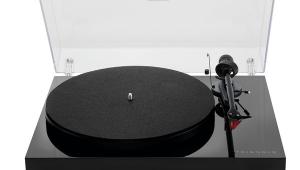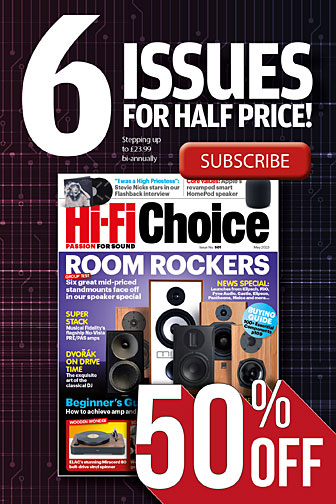iFi Audio Zen Phono
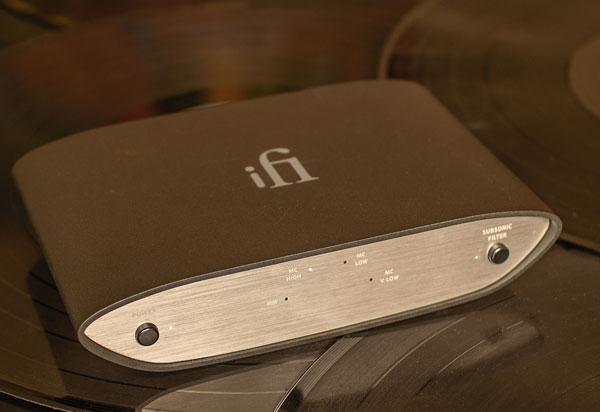
 Supporting both moving-magnet and coil cartridges and able to generate up to 72dB of gain for low output MC designs, the Zen Phono sits towards the more affordable end of iFi Audio’s extensive range. No less usefully, there is a 50dB setting that caters for high-output moving-coil designs, but the really noteworthy figure in the Zen Phono’s spec is the claimed equivalent input noise of -151dBv. This is good going for anything under £1,000, let alone something costing £150 – suggesting the Zen Phono should be exceptionally quiet, regardless of the cartridge you use it with. An unusual fitment that may help this even further is the presence of a 4.4mm Pentaconn balanced connector on the rear. iFi now sells a cable to connect this to an XLR input and, if you have such a thing, it leaves the Zen Phono with a suite of features beyond most rivals.
Supporting both moving-magnet and coil cartridges and able to generate up to 72dB of gain for low output MC designs, the Zen Phono sits towards the more affordable end of iFi Audio’s extensive range. No less usefully, there is a 50dB setting that caters for high-output moving-coil designs, but the really noteworthy figure in the Zen Phono’s spec is the claimed equivalent input noise of -151dBv. This is good going for anything under £1,000, let alone something costing £150 – suggesting the Zen Phono should be exceptionally quiet, regardless of the cartridge you use it with. An unusual fitment that may help this even further is the presence of a 4.4mm Pentaconn balanced connector on the rear. iFi now sells a cable to connect this to an XLR input and, if you have such a thing, it leaves the Zen Phono with a suite of features beyond most rivals.
Power is supplied via a 12V wall-wart, but this runs into a 1.2MHz circuit with noise filtration. The EQ circuit uses TDK C0G capacitors in parallel to naturally pair match the channels in the manner that hand pairing devices can do, but with less component wastage or time lost. There is no adjustment for impedance or capacitance settings as there are on more expensive iFi phono stages, but this is hardly unusual at the price
The Zen Phono is relatively conventional with RCA connections for input and outputs, a solid grounding post and a rear panel switch for selecting gain. The front panel has buttons for power and a subsonic filter, plus four LEDs to display which gain setting has been selected.
Sound quality
Crucially, the Zen Phono is utterly silent at idle and remains so even with the volume dial of a Cyrus i7 XR (HFC 473) wound around to a firmly antisocial level. Connected to an AVID Ingenium Twin (HFC 379), Rega RB330 and Goldring 2500 (HFC 434), the most notable result is that fine detail that can be hard to place through the perfectly respectable phono stage of the Cyrus is suddenly apparent. Switch cartridges to a Rega Ania Pro (HFC 460) – a considerably more expensive design than the iFi – and the exceptional silence is maintained. Even at the 72dB gain setting, unless you put an ear right up to the speaker, noise is minimal.
With the wonderful pressing of Hayden Thorpe’s Diviner, there is much more information about the movement of Thorpe behind the piano evident. This effortless addition of nuance lifts the presentation, while those distinctive vocals are handled with authority and realism. The supporting piano is tonally believable and has the weight and presence needed to be a tangible instrument rather than canned effect. The bass extension that the Zen Phono offers is consistently impressive too. The huge low note in the middle of the live performance of Kraftwerk’s Aerodynamik is beautifully reproduced and exceptionally deep.
Something also worth noting is that, while the Zen Phono might lack some of the absolute technical mastery of iFi’s more expensive designs, it is arguably more fun. The unabashed bluegrass joy of Sturgill Simpson’s Cuttin’ Grass Vol I fizzles with energy and the simple joy of great musicians delivering a fine performance. Via the Zen Phono this enthusiasm radiates out of every note and it does a better job of the suspension of disbelief than any affordable rival I can think of.
Conclusion
This means that the Zen Phono has to be seen as a remarkable bargain. Until you find yourself at the price point where features like adjustable loading and capacitance are possible, the specification it offers at £150 is truly outstanding. It’s one of a tiny number of designs anywhere near this price that can do justice to pretty much any cartridge under £500 (and realistically more) and for this reason it has to be on any shortlist anywhere near the price point. ES
DETAILS
Product: iFi Audio Zen Phono
Type: MM/MC phono stage
FEATURES
● Moving-magnet and moving-coil input
● 12V power supply with 1.2MHz circuit
● Four adjustable gain settings
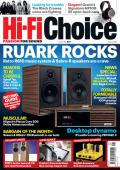 |
Inside this month's issue:
Ruark R610 music system and Sabre-R standmount speakers, PMC twenty.23i Active, floorstanders, English Acoustics Downton preamplifier, Bluesound NODE ICON preamp/streamer, Ortofon Concorde Music Blue MM cartridge and much, much more
|
